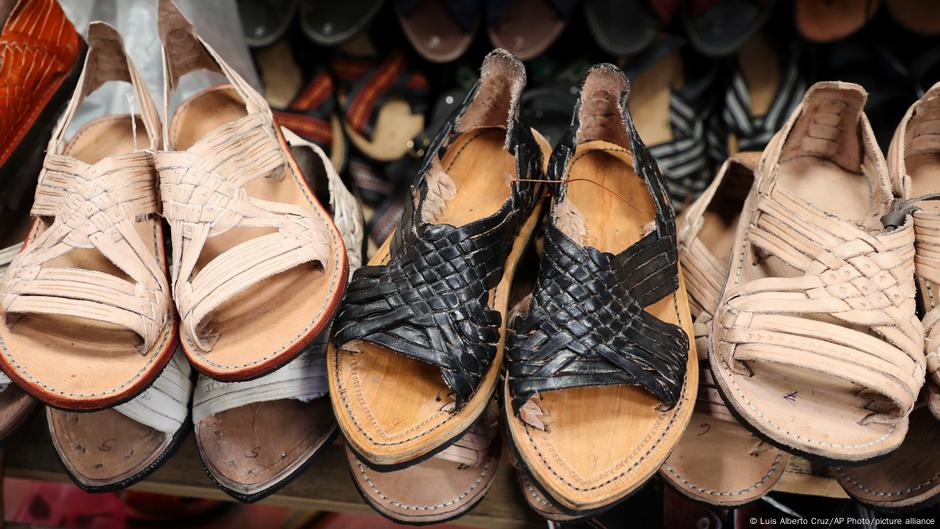A German athletic apparel company extended a “public apology” directly to a Mexican Indigenous group for the cultural insensitivity in the creation of its Oaxaca Slip-On footwear.
Adidas has publicly apologized to a small Indigenous community in Oaxaca, Mexico, regarding a shoe design that faced criticism for being culturally insensitive.
Executives from the German athletic clothing company went to the town of Villa Hidalgo Yalalag to present their statements in person following their releasea written apology last week.
Adidas issues an apology for cultural insensitivity
The company acknowledged that its “Oaxaca Slip-On” shoe, designed by Mexican American designer Willy Chavarria, bore a strong resemblance to traditional huarache sandals crafted in the region.
“The Oaxaca Slip-On style was created by drawing inspiration from a design that comes from the state of Oaxaca, which is characteristic of the tradition of the town of Villa Hidalgo Yalalag,” said Karen Gonzalez, legal representative of Adidas Mexico, to the locals.
We recognize that this circumstance might have led to unease, and we extend a public apology for that.

Gonzalez mentioned that the company plans to continue working with the town moving forward, as the community depends on handicrafts for its income.
Chavarria also released a statement expressing that he was “deeply sorry”and felt remorse for not collaborating directly with local artisans from the Oaxacan community.
Apology welcomed
The debate captured nationwide interest when President Claudia Sheinbaum criticized Adidas for appropriating Indigenous culture and promised enhanced safeguards against international companies replicating traditional patterns.
“It constitutes shared intellectual property. There should be payment. The heritage law needs to be followed,” Sheinbaum stated earlier this month.
The Ministry of Culture and Arts in Oaxaca regarded Adidas’ apology as a “historic act of acknowledgment towards the Indigenous communities of Oaxaca.”
Edited by: Louis Oelofse
Author: Shakeel Sobhan (with AP, AFP, Reuters, dpa)
